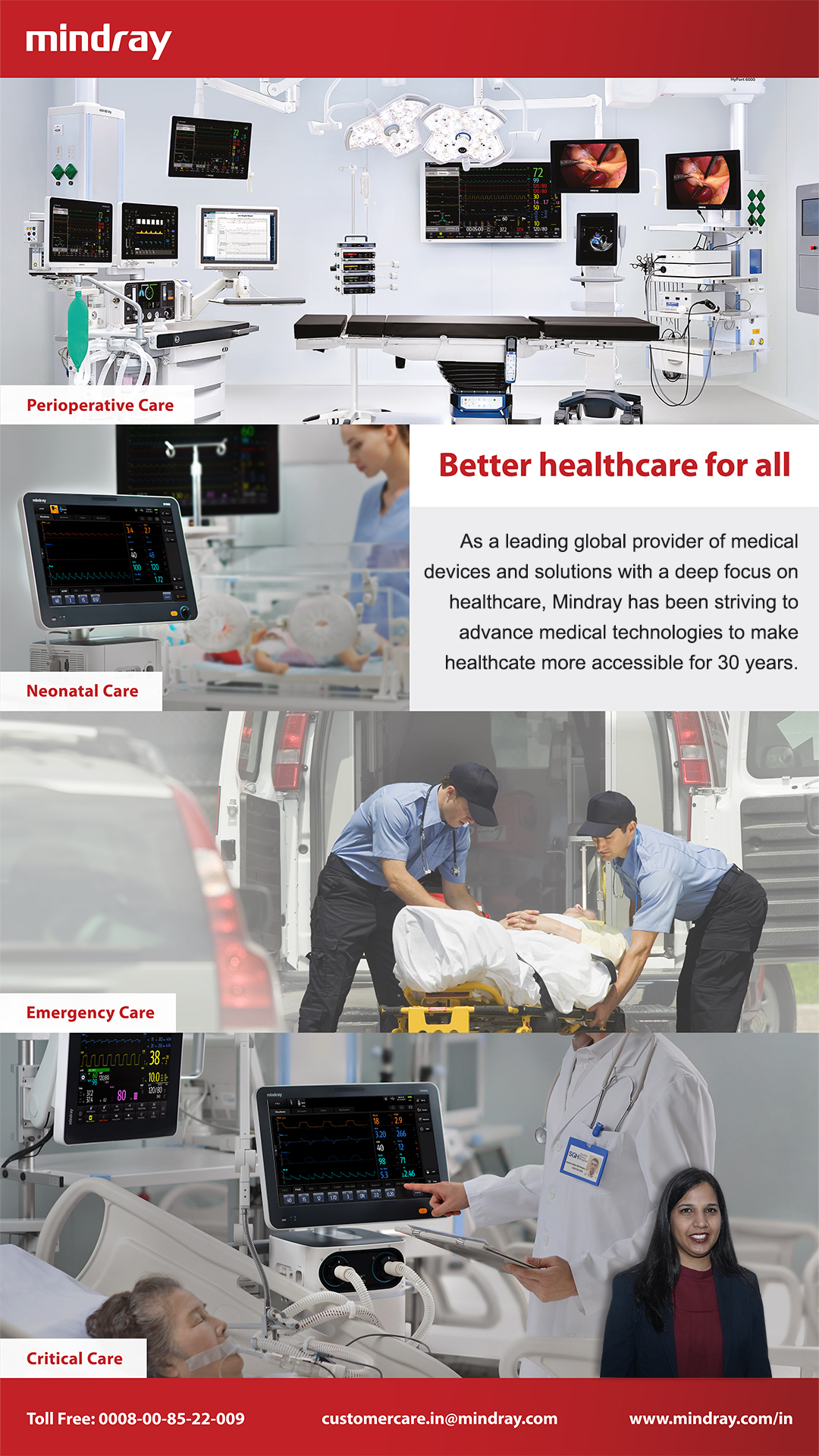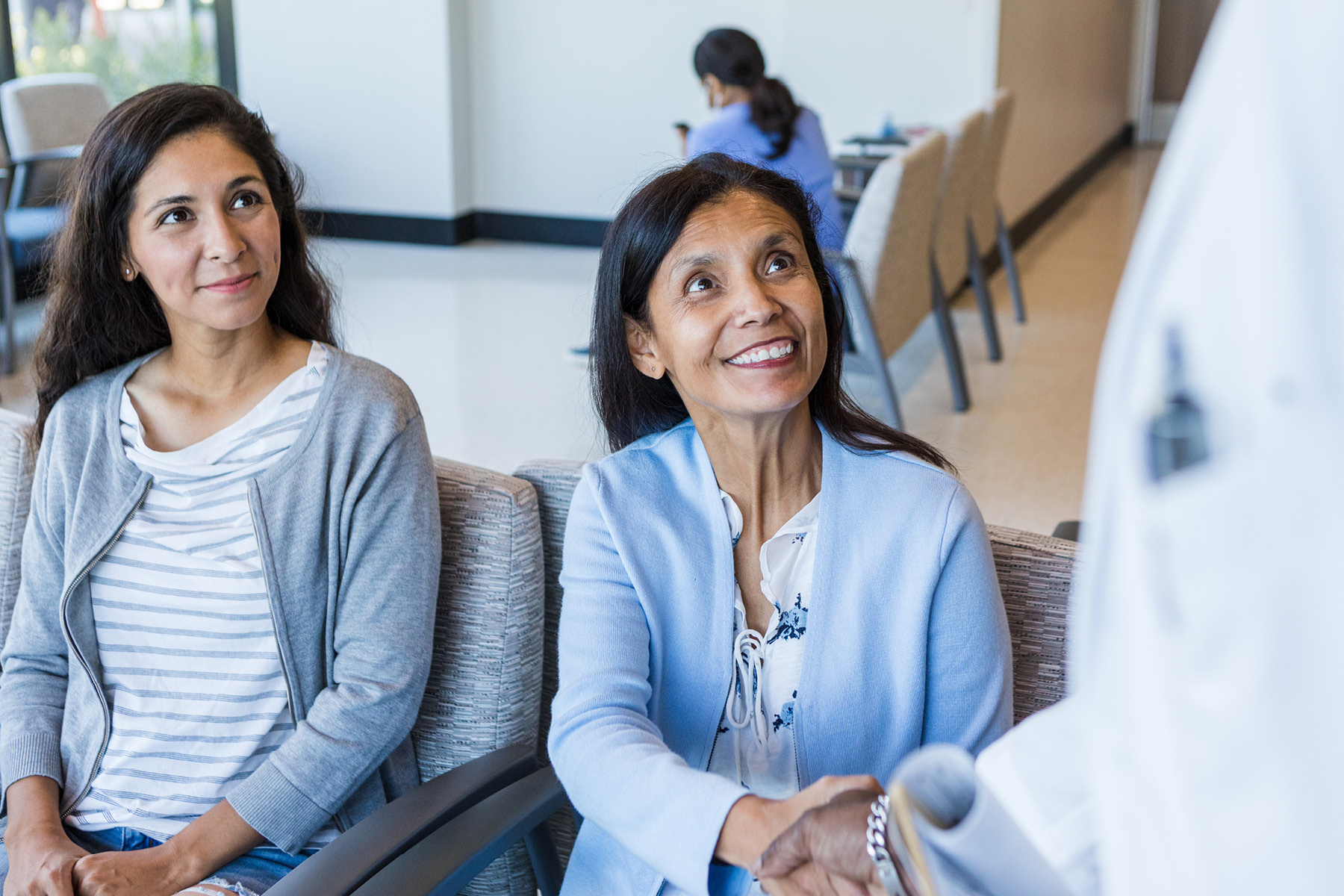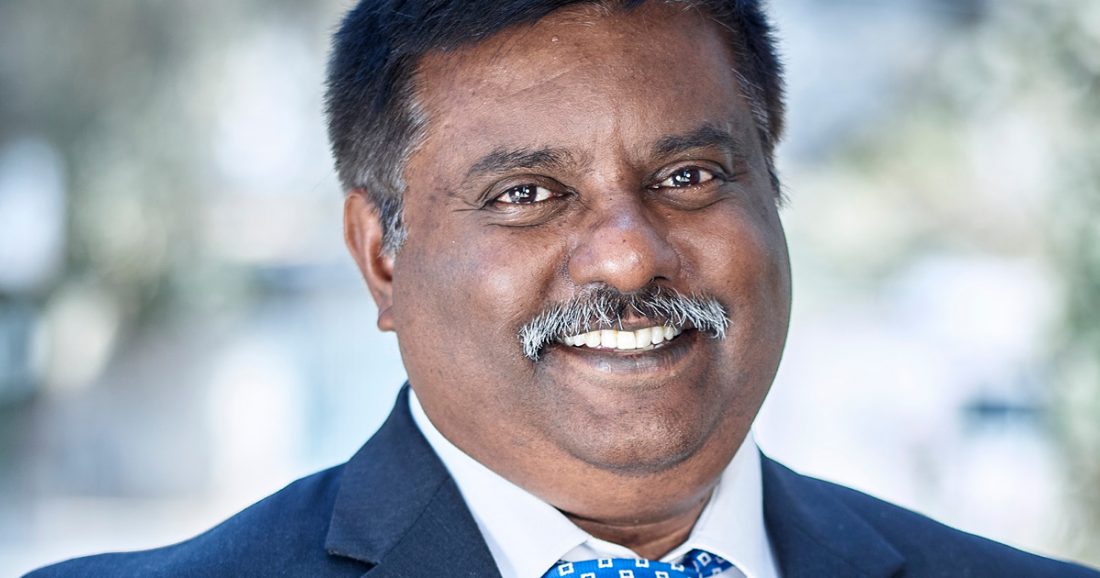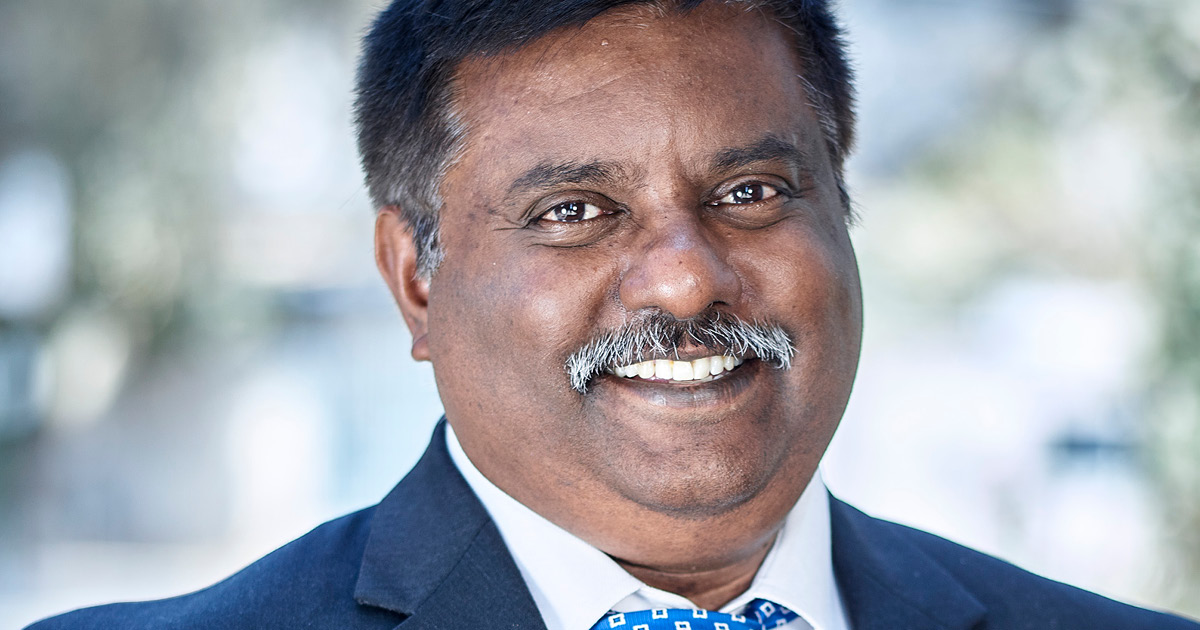With patients encouraged to stay away from doctors’ surgeries and hospitals during the worst days of the COVID-19 pandemic, a new approach to health care was born – one which continues to evolve.
It’s a shift that has dramatically impacted Bengaluru-headquartered Narayana Health, altering the way it works and plans for the future, explains Managing Director and Group CEO Emmanuel Rupert.
“No longer do patients need or want to come to the hospital for many simple ailments. Routine consultations, diagnostics and minor procedures will move to standalone clinics and short-stay centres.”
He predicts that hospitals in the future will be used mainly for high-end diagnostics, high-end labs and for patients with comorbidities who require complex tertiary or multidisciplinary work.
“Hospitals are predominantly going to become procedure-driven with a lot of requirement for critical care, high-dependency units,” he says.
“So we’ve focused more on efficiencies of care,” Rupert says. “We are going to expand beds into different categories within our existing hospitals – majorly at our flagship hospitals in Health City campus in Bangalore [Bengaluru], Kolkata and some of the other hospitals in Raipur and the National Capital Region.”

“Hospitals are predominantly going to become procedure-driven with a lot of requirement for critical care, high-dependency units.”
Other upgrades include automation in laboratory services, expanding the number of phlebotomy and diagnostic workstations as well as additional echo machines and ultrasound, CT and MRI scanners.
“From the time the patient arrives at the hospital, we’ll have a clear clinical diagnosis and pathway, including all diagnostics and labs, within a two-hour period,” Rupert says.
The group is also “actively looking” for opportunities to have greenfield projects, he reveals.
To build the future of healthcare and make a difference in people’s lives, Narayana – through the One Health platform – runs managed care programs focused on increasing wellness of an individual through retail touchpoints across select locations.
“It also integrates health data and services like no other to empower our doctors to provide care that’s personalized and comprehensive for all One Health members,” he says.
Narayana Health is the first health care chain in India (and the sixth globally) to receive the prestigious JCI Enterprise accreditation and the JCI Gold Seal of Approval. JCI accreditation has been granted to eight Narayana Health facilities as well.
“This accomplishment highlights our unwavering commitment to provide high-quality, patient-centric health care across all our units.”
Additionally, Narayana recently received a licence to start a health insurance business.
“So we are investing a lot into patient experience, patient journey and service excellence,” Rupert adds.
Investing in Tech
Technology will, of course, play a crucial role in this restructuring, with Rupert confirming major investments in his capabilities on this front.
“We have technology platforms, we have more than 200 engineers and we have our own hospital information system,” he says. “We have our own Laboratory Information System (LIS), Radiology Information System (RIS) and a mobile app called NH Care, which has been downloaded more than one million times.”
Patients can now make appointments through the app, the website or through Narayana’s call centers – a significant departure from the Indian tendency towards walk-in appointments for outpatient practice.
“We have converted more than 50 to 55 percent of our patients to come through appointments at a specific time. All this can be done with a click of a button or through a call center, so that they come in a specific time and they spend much less time in the system,” he explains.

Advertisement
In addition, all patient health records will be available in the NH Care app for patients and the AADI app and HIS for healthcare professionals. “So by just clicking into the apps, respective stakeholders know exactly what is happening.”
This enhanced efficiency is a major priority for Narayana, which is why it is also expanding its use of data with a dedicated division called Medha Analytics. This provides operational financials and other data, again “at the click of a button”.
“We’re a significantly data-driven organization,” Rupert stresses. “We know exactly where the bottlenecks are and which areas of data to monitor to increase efficiencies.”
He offers the Health City campus in Bengaluru as a key example. “Prior to the pandemic, it used to do approximately 500 cardiac surgeries every month. And just the last month we did almost close to 900 cases within the same operating rooms and the same number of critical care beds,” he says.
A Clinician at Heart
With such an ambitious and future-focused transition underway, the combination of Rupert’s more than 24 years in the group with his strong clinical background in anesthesiology and critical care is proving invaluable.
“I played a very active role, not only in the clinical operations but also in various innovations and administrative processes,” he says. “In a health care delivery platform, 80 percent of the work is clinical or attached to clinical and other offshoots.”
But it’s his background as a clinician that really gives him the edge when it comes to transforming the organization, he believes.

“Being a clinician, it has its own advantages because you are constantly interacting with medical professionals and you have strong contacts with the clinical teams.”
“You are constantly interacting with medical professionals and you have strong relationships with the clinical teams,” he explains. “You also know what pain points the clinical teams have from the operational point of view in order to constantly enhance and support clinical delivery for patients.
“This balance is very important because that keeps the clinical program’s development going.”
At the same time, he also works very closely with the administrative departments such as HR, finance, operations and supply chain, enabling him to look closely at how to optimize costs, boost productivity and efficiency as well as gauge the innovations that are needed to go along with that.
“I see both sides of the picture,” he says. “And being a clinician at heart, I know what’s what and where things need to be, both from an efficiency point of view and the point of view of our patients’ safety, comfort and experience.”




